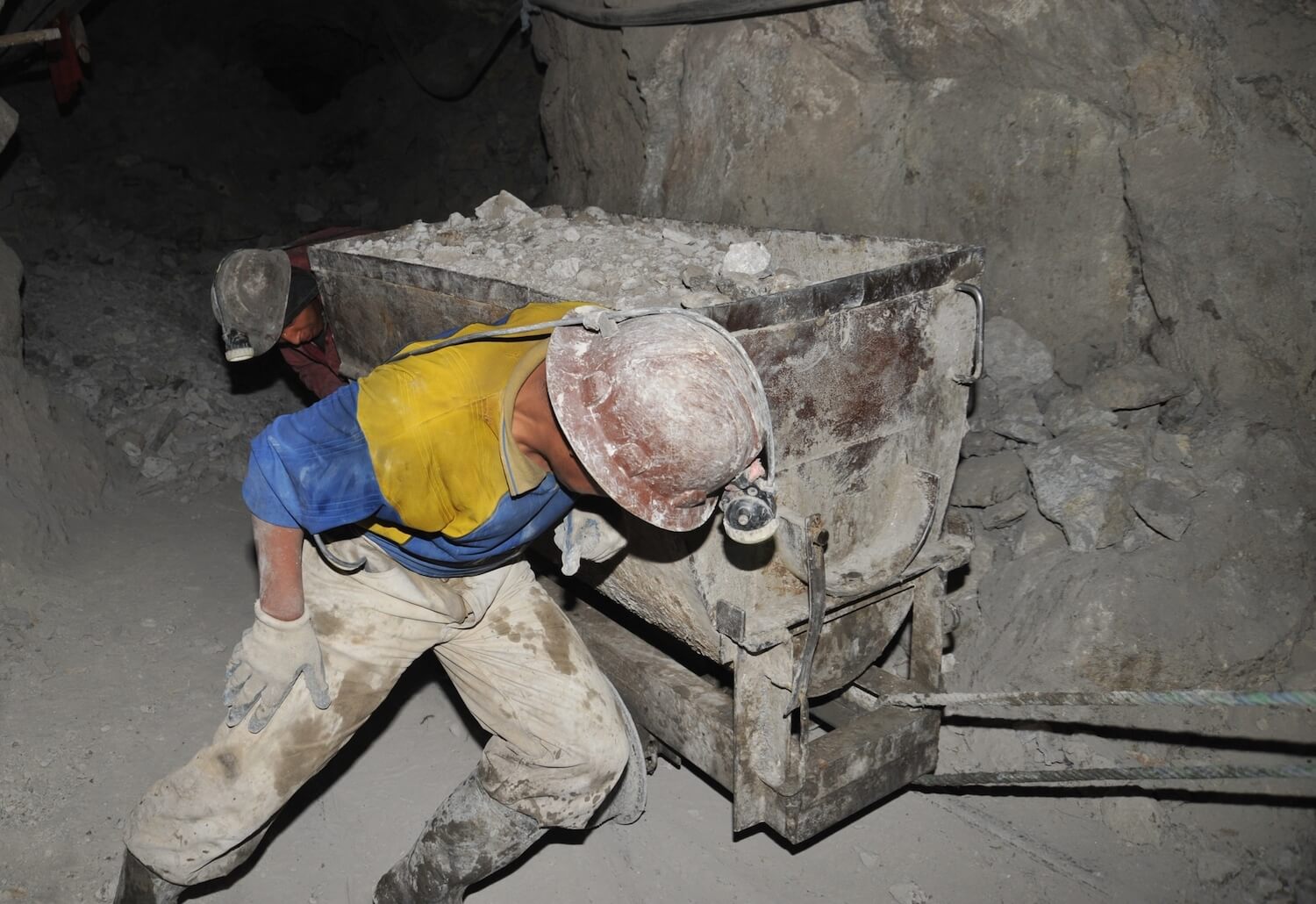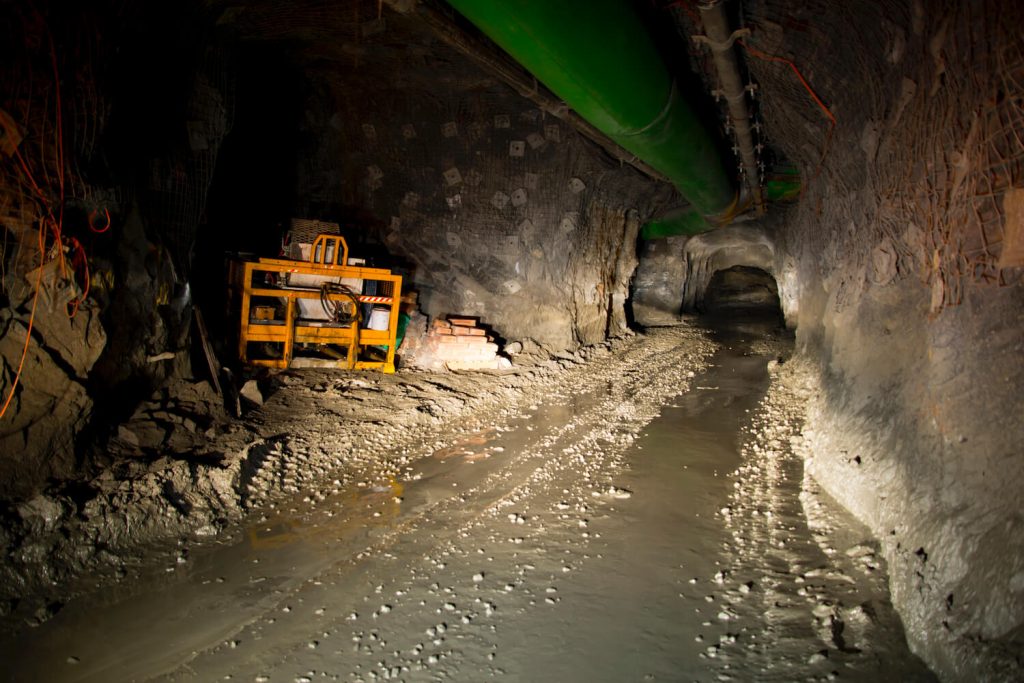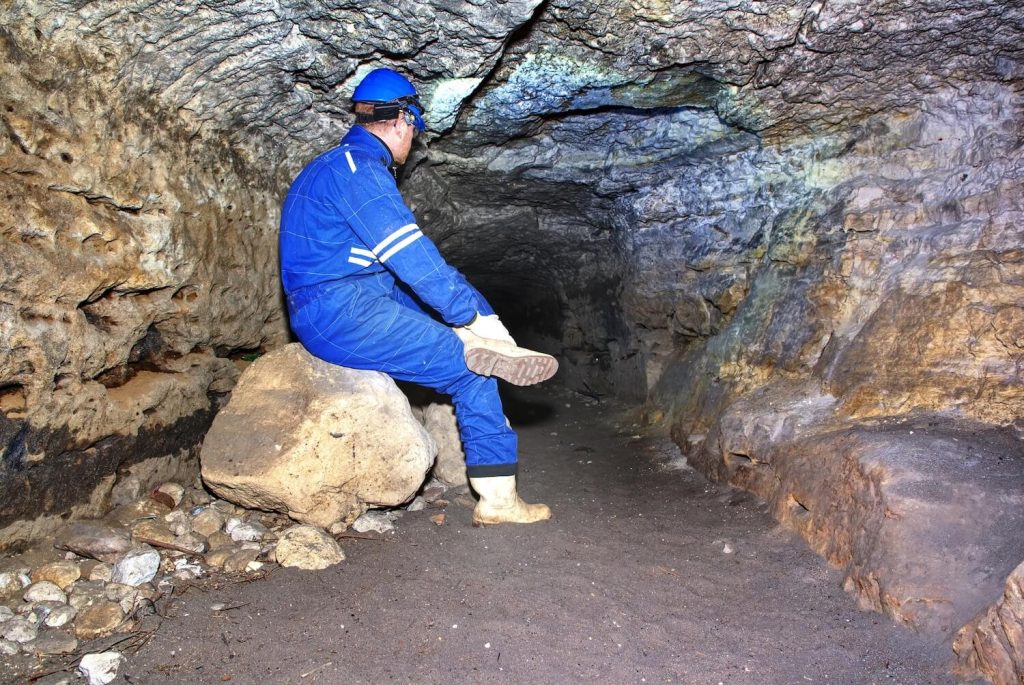

Mining plays a vital role in the global economy by providing essential raw materials for various industries. A critical aspect of mining operations involves managing the mining tenure, which encompasses the legal right to explore, develop, and extract minerals from a specific area.
However, the management of a mining tenure presents distinctive challenges that demand meticulous consideration and strategic planning. In this article, we will explore the significant challenges encountered by those responsible for overseeing a mining tenure.
1. Regulatory Compliance
Managing a mining tenure comes with its fair share of challenges, and one of the top ones is regulatory compliance. Governments at different levels impose various regulations and permits on mining activities. This means that mining companies need to obtain and keep up to date with these permits while also ensuring compliance with environmental, health, and safety regulations.
It’s a complex and time-consuming process that requires careful attention. Failing to meet these regulatory requirements can lead to fines, delays in project execution, or even losing the mining tenure altogether. The constantly evolving regulatory landscape compounds the issue, as mining companies must stay updated and adapt to new requirements.

2. Stakeholder Engagement
Mining operations often intersect with the interests of multiple stakeholders, including local communities, indigenous groups, environmental organisations, and government bodies. Engaging and maintaining positive relationships with these stakeholders is crucial for the success of a mining project.
Effective stakeholder engagement requires transparent communication, addressing concerns and grievances, and incorporating the input of affected communities. Balancing the interests of various stakeholders while ensuring the viability of the mining operation is a delicate and challenging task.
3. Environmental Considerations
Mining activities can have a significant impact on the environment, including land degradation, water pollution, and loss of biodiversity. Managing a mining tenure involves implementing environmentally responsible practices, such as land rehabilitation, responsible water management, and minimising the release of pollutants. Complying with environmental impact assessment requirements and mitigating potential adverse effects on ecosystems is also essential. Achieving sustainable mining practices that minimise environmental harm is a constant challenge that requires ongoing monitoring and adaptation.
4. Social Responsibility
Mining operations can have both positive and negative social impacts on local communities. While mining can bring economic development and job opportunities, it can also disrupt traditional livelihoods, displace communities, and create social inequalities. Managing a mining tenure involves demonstrating social responsibility by addressing the social and economic needs of affected communities. This may involve providing infrastructure, healthcare, education, and supporting local businesses. Failure to adequately address social impacts can lead to community resistance, protests, and even legal challenges.
5. Operational Efficiency
Mining is a complex and capital-intensive industry that requires significant investments in equipment, infrastructure, and human resources. Managing a mining tenure involves optimising operational efficiency to maximise productivity while minimising costs. This includes efficient resource allocation, effective project management, and adopting innovative technologies to improve extraction and processing methods. Overcoming operational challenges, such as equipment breakdowns, logistical issues, and labour shortages, requires continuous monitoring and adaptation.
Conclusion
Managing a mining tenure is a multifaceted task that involves navigating a myriad of challenges. From regulatory compliance and stakeholder engagement to environmental considerations, social responsibility, and operational efficiency, mining companies must address these challenges to ensure the sustainable and responsible extraction of minerals.
By adopting proactive strategies, embracing technology, and engaging in transparent and inclusive decision-making processes, the mining industry can overcome these challenges and contribute to economic development while minimising environmental and social impacts.
To learn more about managing your mining tenures, contact us at Flout Software. Alternatively, you can try 1slate software for free for 30 days.


